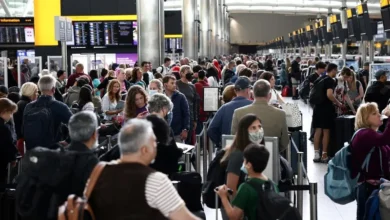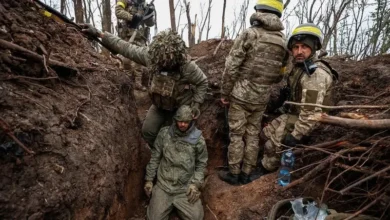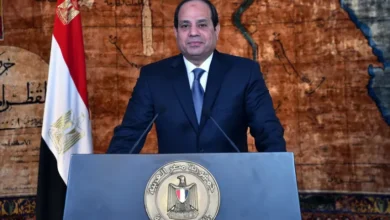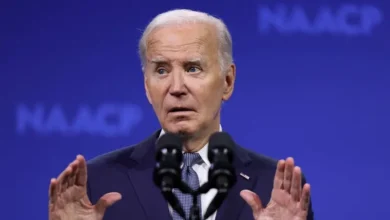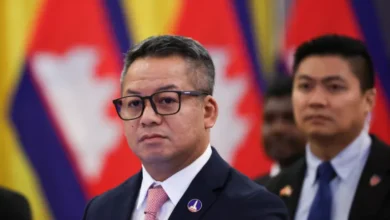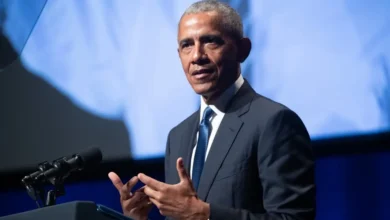Mothers emerge as leaders in Cuban resistance movement
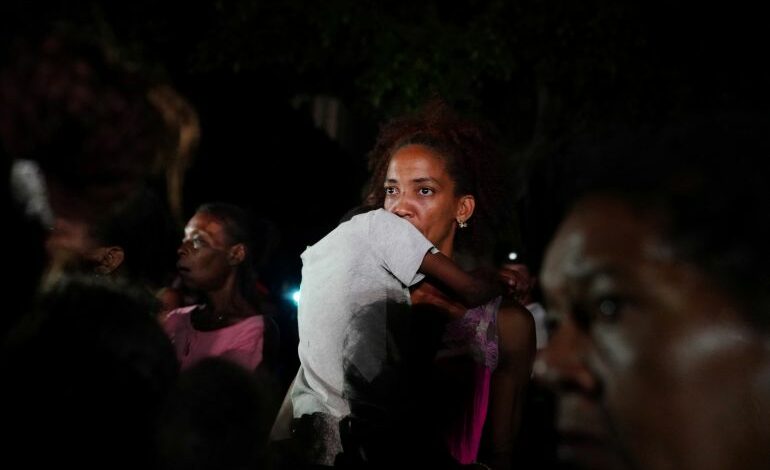
On June 9, Amelia Calzadilla, a 33-year-old mother of three, posted a video to Facebook. It was a spur-of-the-moment decision that would transform her into one of Cuba’s most prominent new dissidents.
“I never had any interest in being famous, in being an influencer or a journalist. I’m interested in telling the truth,” she said. Now, Calzadilla is involved in a public battle with the Cuban government, which has been trying to censor her for months.She has become part of an emerging force in Cuba’s political resistance: mothers who are making their daily struggles known as the country contends with one of its worst economic crises in recent history.
In the video, Calzadilla makes a simple request: She asks local authorities to run a gas line to her block. Her family lives in one of the few areas in Havana without government-provided natural gas service, and the bill for her electric stove had shot higher than her monthly salary.
“I exploded on social media because there was no formal way to submit complaints to anyone who could possibly help,” she said.
Her video took off, getting tens of thousands of likes in its first 24 hours online.
Women like Calzadilla are increasingly filling a void in Cuba’s opposition movement. In 2021, the country experienced historic protests on a scale not seen since the 1959 Cuban Revolution. But the government responded with a crackdown, and human rights groups estimate 1,400 people were ultimately arrested, many of them young men.
Hundreds have since been sentenced to up to 30 years of prison time. Many of the island’s most visible dissidents have either been arrested or have fled.But in recent protests across the island, mothers unable to feed their children have blocked highways with human chains, holding hands with their children and each other.
And during the country’s frequent blackouts, matriarchs are often seen leading protests through the streets, banging pots and pans sometimes for hours until the electricity resumes. Local media have reported that more than 30 such protests have occurred in small towns over the past several weeks.
Economic reforms, coupled with the stresses of the COVID-19 pandemic, a decrease in foreign tourism and the continued US embargo, have left Cuba’s economy in dire straits. The country is plagued by shortages of basic supplies like food, medicine and fuel, and the median salary in Cuba roughly equates to $19 a month.
